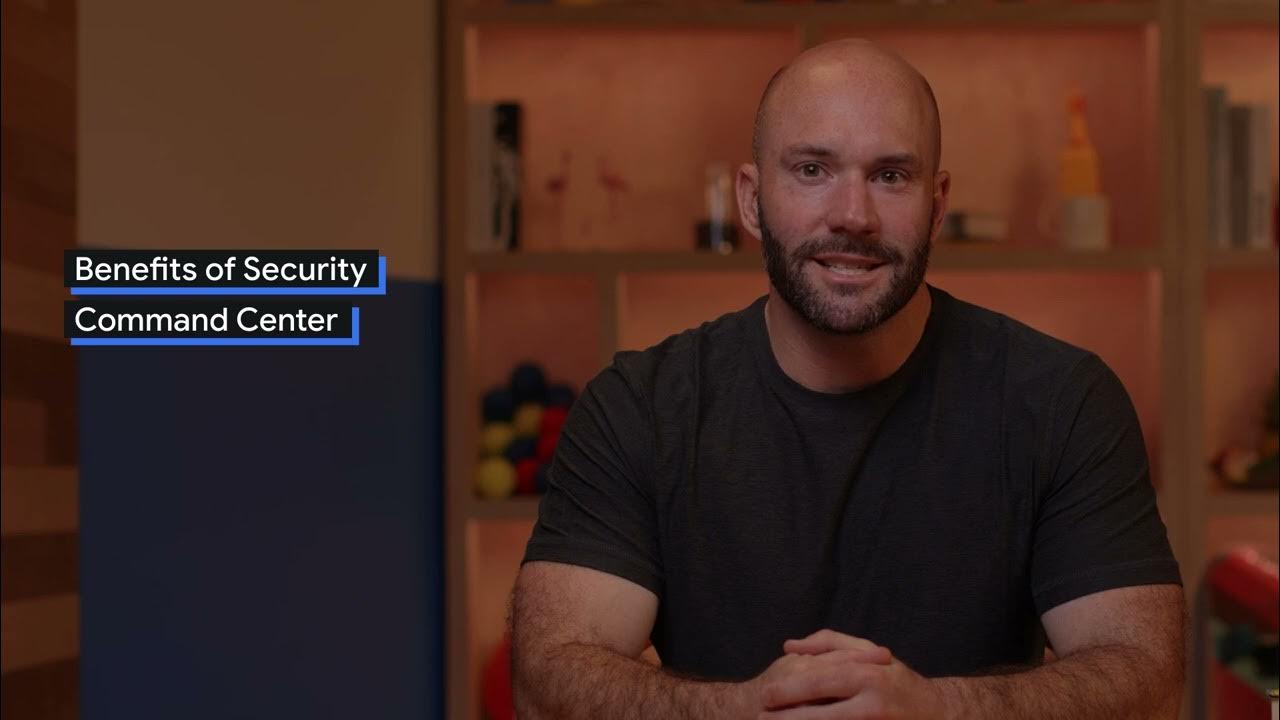day in the life of a cloud security engineer REMOTE
Summary
TLDRIn this video, the speaker humorously details their day-to-day life as a cloud security engineer. They discuss the overwhelming nature of meetings, the constant balancing of social energy, and their extensive involvement in cloud security, including managing complex security stacks, deploying zero-trust frameworks, and mitigating breaches. The speaker provides insights into the tools and projects they work with, like Threat Locker and Microsoft Sentinel, and explains the journey to landing a cloud security role. With practical advice, they guide viewers on how to build expertise in cloud security through certifications, projects, and internal job transitions.
Takeaways
- 😀 Wake up early (around 7:00 a.m.), make coffee, and deal with pent-up anxiety by yelling 'Meetings' as a stress release mechanism.
- 😀 Corporate employees spend an average of 11.3 hours a week in meetings, but this particular role involves up to 20 hours weekly.
- 😀 As a cloud security engineer, the primary focus is to maintain and protect cloud infrastructure while also dealing with on-premise security.
- 😀 Cloud security engineers specialize in developing secure cloud infrastructures and protecting organizations fully integrated into the cloud.
- 😀 Cyber security has become so complex that individuals must specialize in different security layers, making it hard to master everything.
- 😀 Security controls are needed to meet cyber insurance requirements and prevent lazy breach attempts, which would raise insurance premiums.
- 😀 A security engineer's day involves constant communication, incident response, documentation updates, and meeting participation.
- 😀 The role requires constant adaptation and learning, especially when working with a broad tech stack that involves multiple security tools.
- 😀 Endpoint security is a primary focus, but security engineers help across a range of tools to get clients into the safest possible state.
- 😀 A cloud security engineer's typical workday includes reviewing alerts, helping security analysts, documenting work, and leading security projects.
- 😀 To become a cloud security engineer, one needs a solid understanding of IT basics, cloud platforms (AWS, Azure, Google Cloud), and security concepts.
- 😀 Entry into cloud security engineering often requires hands-on experience or cloud certifications, with options to pivot from internal IT roles or pursue certifications directly.
Q & A
Why does the speaker scream at the start of their workday?
-The speaker screams to release pent-up anxiety and stress from the overwhelming tasks and meetings ahead. It's a personal coping mechanism to relax the body.
What is the average amount of time the speaker spends in meetings weekly?
-The speaker spends about 20 hours a week in meetings, which is roughly double the average of 11.3 hours reported for corporate employees.
What is the difference between a cloud security engineer and a security engineer?
-A cloud security engineer specializes in securing cloud infrastructure, while a security engineer may also manage on-premise infrastructure. The cloud security engineer focuses on protecting organizations fully integrated into the cloud.
What is the significance of 'defense in depth' in cloud security?
-'Defense in depth' refers to having multiple layers of security controls in place to protect an organization’s assets. It is crucial for qualifying for cyber insurance and preventing breaches.
Why is security documentation important in the speaker’s role?
-Documentation is essential to prove the work being done, as well as to communicate actions and follow-ups to clients and teams. It is also a tool for career advancement.
What is the speaker’s primary focus in cloud security?
-The speaker’s primary focus is endpoint security, which involves securing devices and systems that access the organization’s network and data.
What is Threat Locker, and how does it enhance security?
-Threat Locker is a robust application control tool that functions as a whitelist, blocking all unapproved applications. It helps prevent malicious software from running by denying anything that is not explicitly allowed.
How does the speaker manage their workday given the constant meetings?
-The speaker spends the first 15 minutes reviewing communications and alerts, then mentally plans the day. Meetings take up a significant portion of the day, and they focus on documentation and projects during the remaining time.
What is the role of a security engineer when it comes to incident response?
-During incidents, a security engineer joins an incident response team to mitigate the issue, all while documenting the process in an incident response report. Incidents can sometimes last beyond normal work hours.
What are the two paths the speaker suggests for entering cloud security engineering?
-The two paths are: 1) Getting a role in a company’s IT department and pivoting internally into cloud security, and 2) Stacking cloud certifications and gaining hands-on experience by building cloud security projects.
Outlines

此内容仅限付费用户访问。 请升级后访问。
立即升级Mindmap

此内容仅限付费用户访问。 请升级后访问。
立即升级Keywords

此内容仅限付费用户访问。 请升级后访问。
立即升级Highlights

此内容仅限付费用户访问。 请升级后访问。
立即升级Transcripts

此内容仅限付费用户访问。 请升级后访问。
立即升级浏览更多相关视频

Overview of the Google Cloud Security Command Center

A Day In The Life Of A Senior Sales Engineer | Lights On Me Episode 5 | Phoenix Contact SEA

Top Job Roles In The Field Of Cloud Computing | Cloud Computing Job Opportunities | Simplilearn

How Much Work Do Ants Do?

How I Would Learn Cyber Security If I Could Start Over (Amazon Principal Security Engineer)

How I got my first Software Engineer job
5.0 / 5 (0 votes)
